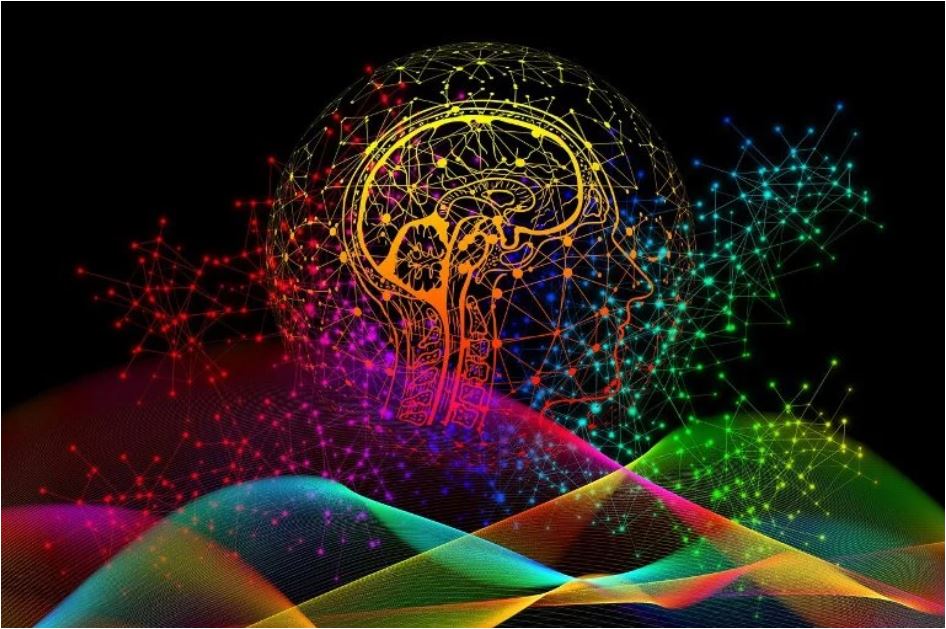Treatment
Tricks to Read a Book From Cover to Cover
For individuals with ADHD, reading can be challenging. Here are some tips.
Caring for Your Mental Health
Mental health includes emotional, psychological, and social well-being. It affects how we think, feel, act, make choices, and relate to others. Mental health is more than the absence of a mental illness—it’s essential to your overall health and quality of life.
La ciencia detrás del estrés: comprender cuándo y cuánto es beneficioso para su salu
En esta publicación de blog, exploraremos la ciencia detrás del estrés, cuánto estrés es beneficioso para nuestra salud y los diferentes tipos de estrés. Además, discutiremos los signos de demasiado estrés, los mecanismos de afrontamiento, las técnicas para manejar el estrés y la importancia del manejo del estrés.
The Science Behind Stress: Understanding When and How Much is Beneficial for Your Health
We explore the science behind stress, how much stress is beneficial for our health, and the different types of stress. Additionally, we discuss the signs of too much stress, coping mechanisms, techniques for managing stress, and the importance of stress management.
The Correlation Between ADHD and Sleep: What You Need to Know
In this article, we dive into the connection between ADHD and sleep, explore the impact of ADHD on sleep patterns, and discuss effective ways to improve sleep for ADHD patients.
Attention-Deficit/Hyperactivity Disorder
Attention-deficit/hyperactivity disorder (ADHD) is marked by an ongoing pattern of inattention and/or hyperactivity-impulsivity that interferes with functioning or development.
Navigating ADHD: When is it Time to Consider Medication?
We’ll explore when medication is recommended, the benefits and drawbacks of medication, alternatives to medication, potential side effects, how to find the right medication and dosage, and how to make the decision to try or reject medication.
How to Deal With Being Conflict Averse When You Have ADHD.
For many individuals with ADHD, conflict will be a trigger for anxiety, stress, and avoidance. However, avoiding conflict can have negative consequences, including strained relationships, missed opportunities, and increased stress levels.
The Impact of Micronutrient Supplementation on ADHD in Children.
Children with ADHD are more likely than peers to be deficient in levels of certain minerals and fatty acids.









